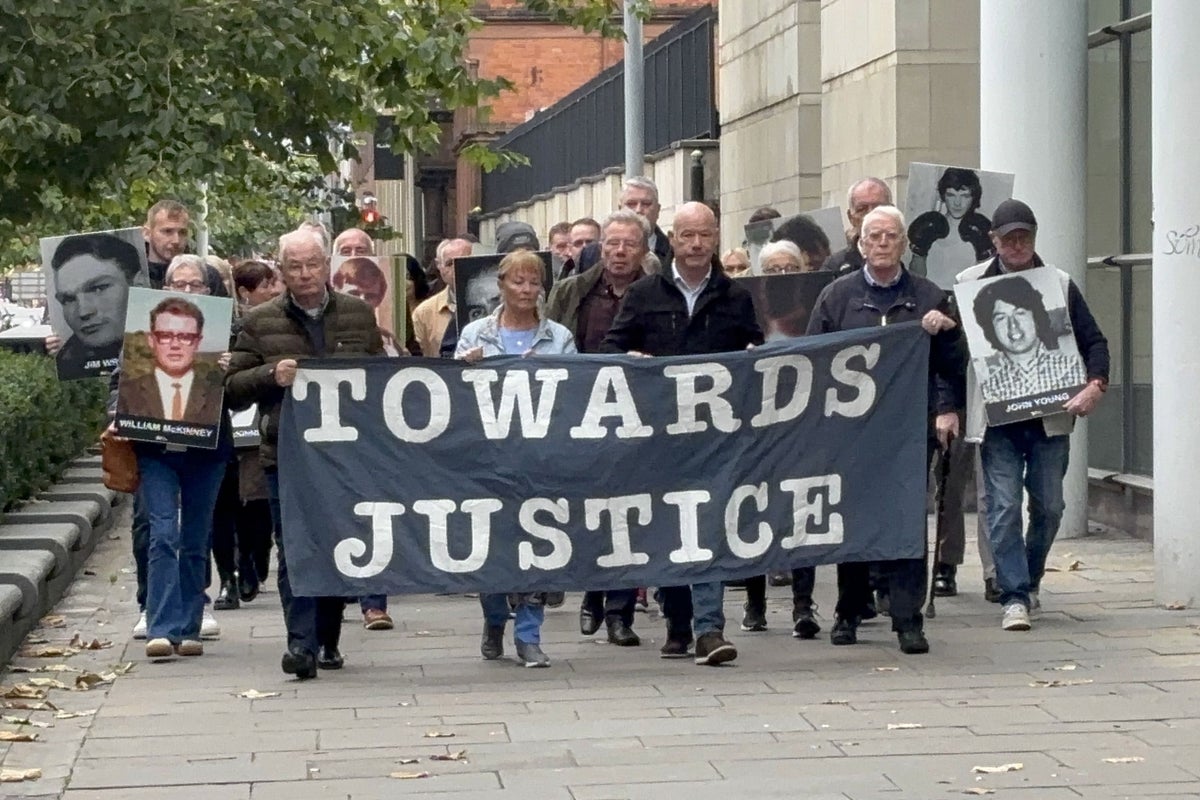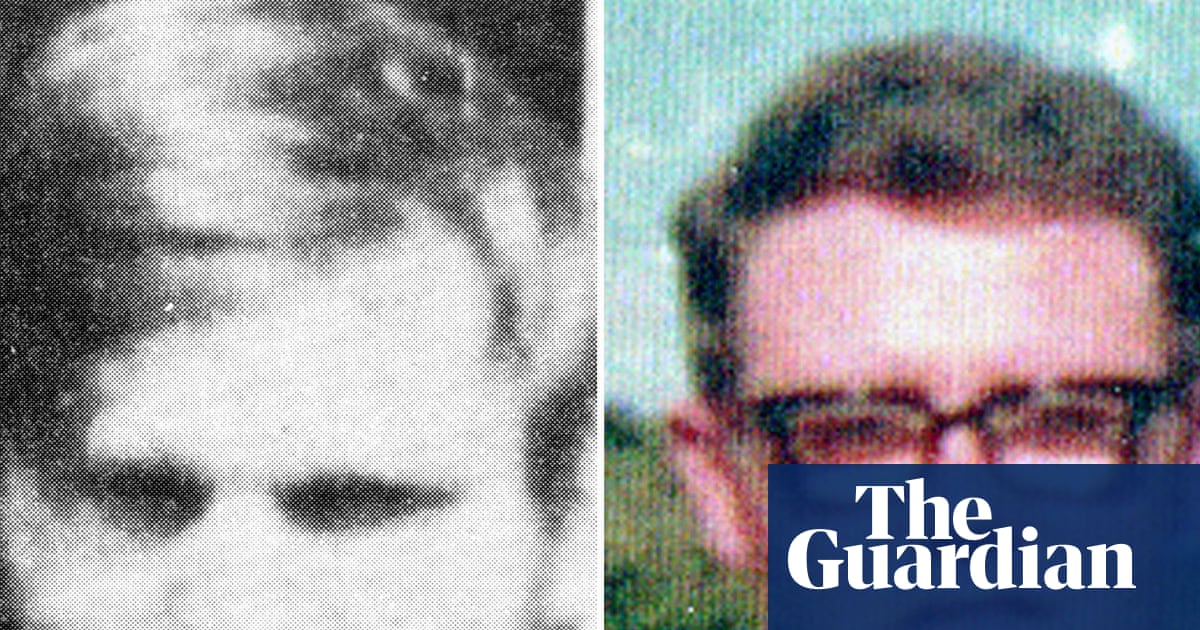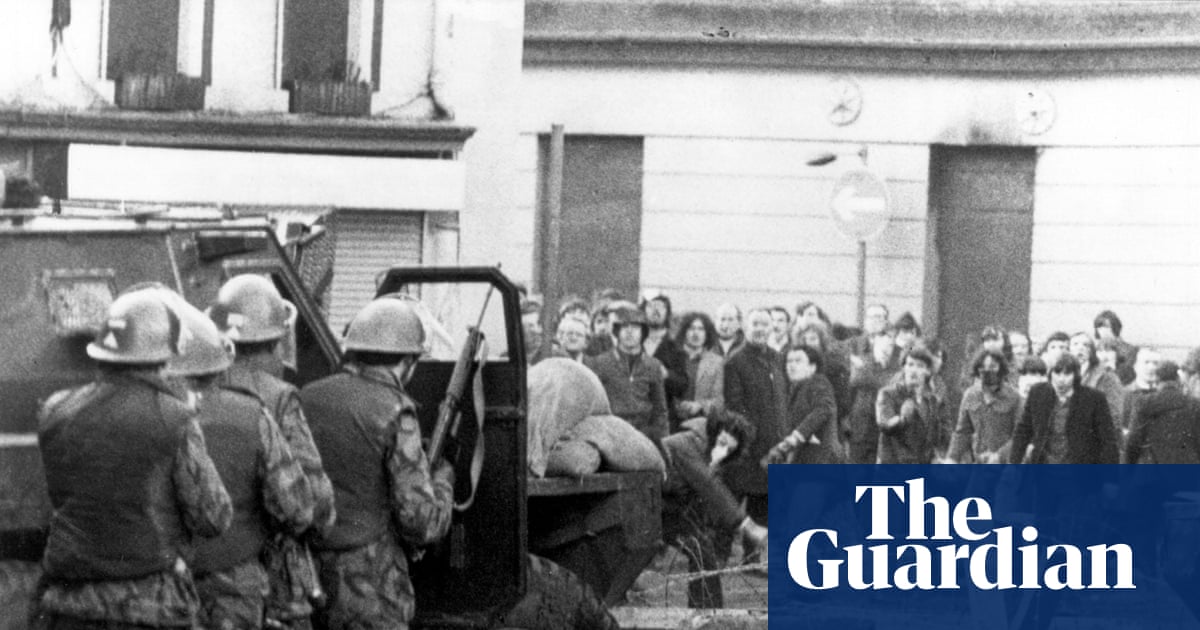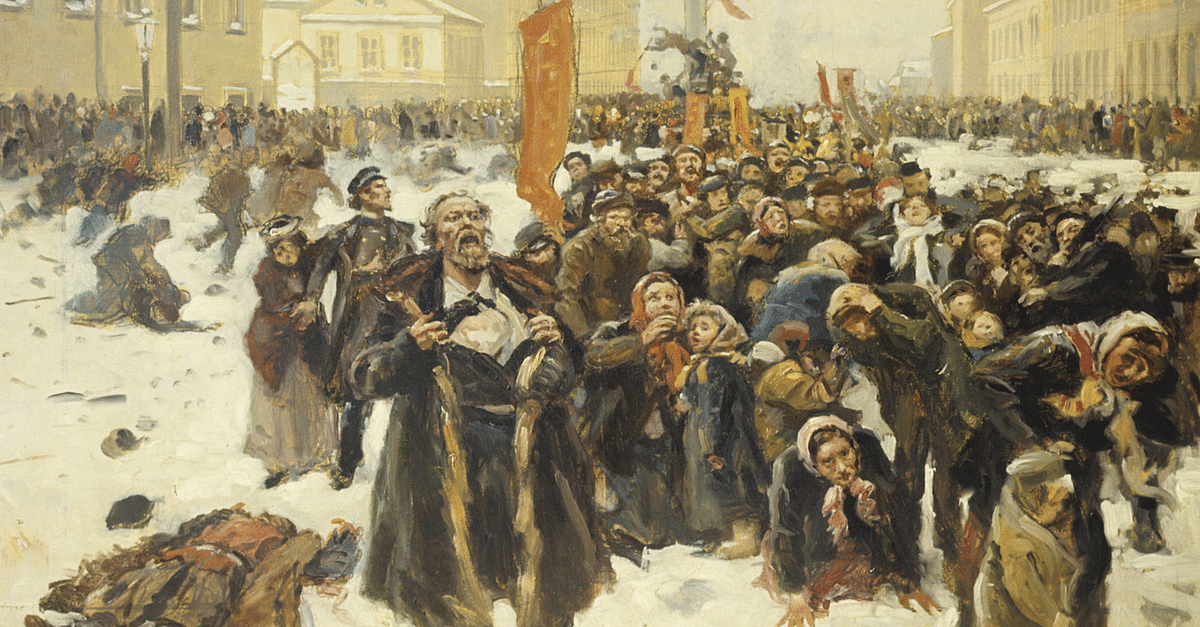History
fromwww.mercurynews.com
14 hours agoToday in History: January 30, Catholic civil rights marchers killed on Bloody Sunday'
January 30 features multiple major historical events—including Bloody Sunday, King Charles I's execution, Gandhi's assassination, the Tet Offensive, and several notable births.






